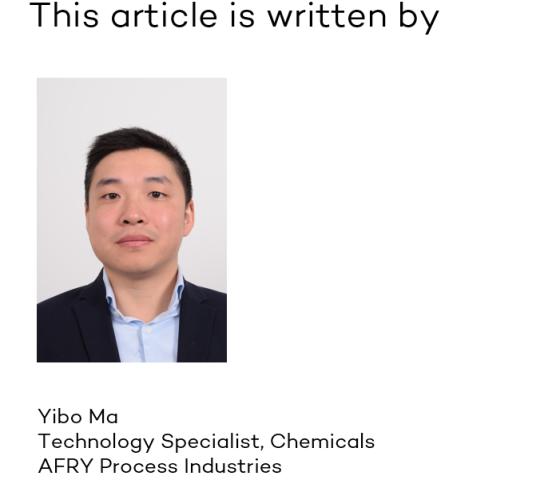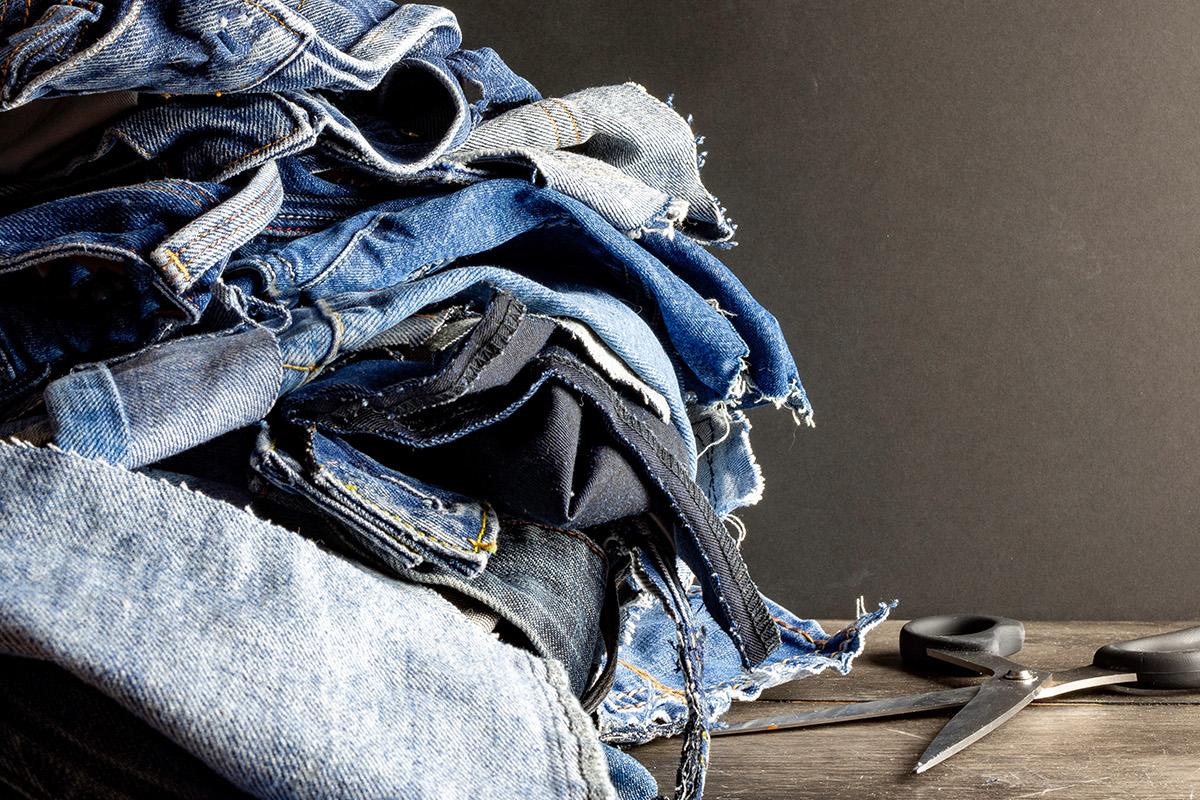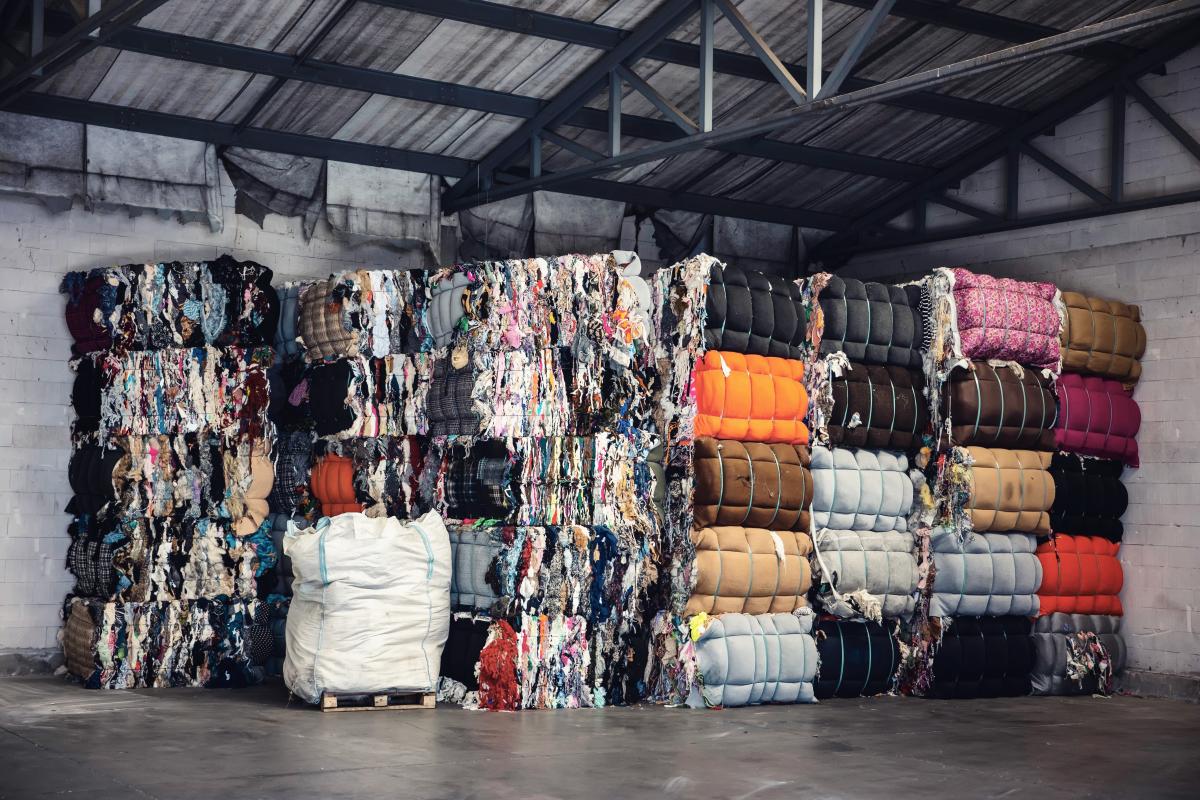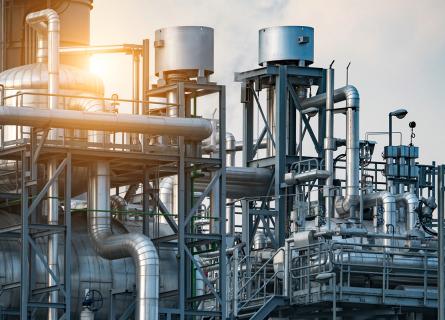
Closing the loop: Engineering a greener cutting-edge solution for textile recycling
The textile industry is expected to continue growing at a fast pace globally. It has started its journey toward creating sustainable and circular models mainly derived from the increased awareness of consumers as well as from the new regulations on both EU and global levels.
Despite its constant evolution, textile industry faces also a growing threat: the environmental footprint of textile waste. Textile recycling plays a vital role in decreasing the environmental impact of textile industry. By prolonging the life cycle of existing materials, it conserves valuable resources like water and land. Recycling also helps reduce water pollution, mitigate greenhouse gas emissions, and prevents textiles from being discarded in landfills. Textile recycling is not a new invention and already in 2023, the textile recycling market was worth approximately 5,2 million USD and is expected to grow with a CAGR of 2% from 2023 to 2032. However, the textile recycling industry confronts significant challenges in accelerating and scaling up recycling technologies. Unlike plastic or metal, textiles are a diverse blend of materials, dyes, and finishes, making separation and repurposing a significant challenge. In a broader point of view, the textile market demands for affordable and diverse clothing collide with the limitations of current recycling technologies and a lack of supportive, incentive policies and legislation. In addition, a robust infrastructure for collecting, sorting, and processing textile waste is crucial for the broad application of recycling solutions.
There are many initiatives and innovative development projects already active at different tiers of the textile value chain, and there is an urgency for either evaluation, scale-up, or development of existing processes and technologies. Currently, many textile recycling technologies are still in their early development stages. Mechanical recycling, being the most dominant method, often results in downcycled products due to fibre degradation. The sorting system development has made steady progress in recent years; the AI-powered sorting systems could be a next-generation method for mixed material fabrics and the advancement could significantly increase the amount of mechanical recycling and improve the raw material quality for chemical recycling. Chemical recycling is emerging and showing potential to convert textile wastes to high-quality fibres. The early stage development looks promising in the aspect of cellulose polyester separation and polyester depolymerization. In recent years, global clothing brands have intensified their partnering with recycling start-ups and investments have been in place for those leading textile chemical recycling players for further R&D and scaling.
How to promote the sustainable development of the textile recycling industry?
The textile industry stands at a crossroads. We can continue the unsustainable path, or we can embrace innovative development and create a circular economy for textiles. However, the textile recycling industry is constantly encountering hurdles in securing financing, building strong business cases, and assuring a consistent material supply. Under these circumstances, evolving and developing the existing and new, sustainable, efficient technology processes to recycle these textiles is essential for creating a circular economy for the textile industry. The entire textile value chain stakeholders need to react quickly to grasp this opportunity to implement an efficient recycling system for a greener industry.
Despite the challenges, innovative solutions are developing to address the complexities of textile recycling:
• Advanced sorting technologies, e.g. advanced engineered processes with near-infrared spectroscopy and AI-powered imaging are being explored to efficiently distinguish various fiber types, blends, and contaminants.
• Scaling chemical recycling: Research and engineering focuses on minimising the environmental impact of chemical recycling while maximising efficiency and supporting scaling the chemical recycling technology for larger and broader applications.
• Closed-loop textile recycling systems: Collaboration throughout the textile value chain, from design to production and recycling, is crucial to create closed-loop systems where waste is minimised and resources are efficiently utilised.
• Sustainable product design: Encouraging the use of recyclable materials and simpler development methods in textile design can significantly improve the recyclability of textiles.
Recycled clothes in a paper bag
The textile industry foresees exciting opportunities for achieving the closed loop. It not only reduces the environmental impact but also drives technology innovation in the entire textile value chain. We at AFRY, have served many textile recycling technology developers, from innovative startups to well-developed large-scale textile fibre producers, on delivering successful projects. These projects include feasibility studies, technology mapping, technical due diligences, owner’s engineering services and groundbreaking pilot/flagship engineering and EPCM projects.

Engineering a Sustainable Tomorrow
AFRY is at the forefront of leveraging our core engineering knowledge to design sustainable solutions for the textile recycling industry. Our global presence and network of experts allow us to collaborate with stakeholders across the industry to create a circular economy for textiles. Our team of engineers, technologists, management consultants and sustainability specialists possess a deep understanding of textile materials, recycling technologies, environment technology and life cycle assessment, letting us design tailored solutions that address the client’s specific needs. Keeping up with the latest technologies and methodologies in various industries allows AFRY to incorporate them into our engineering solutions. Our proven track record in delivering successful projects across various industries demonstrates our commitment to creating a sustainable future.
Closing the loop in the textile industry is not just a possibility, it’s an imperative. At AFRY, we’re engineering it towards a reality.








